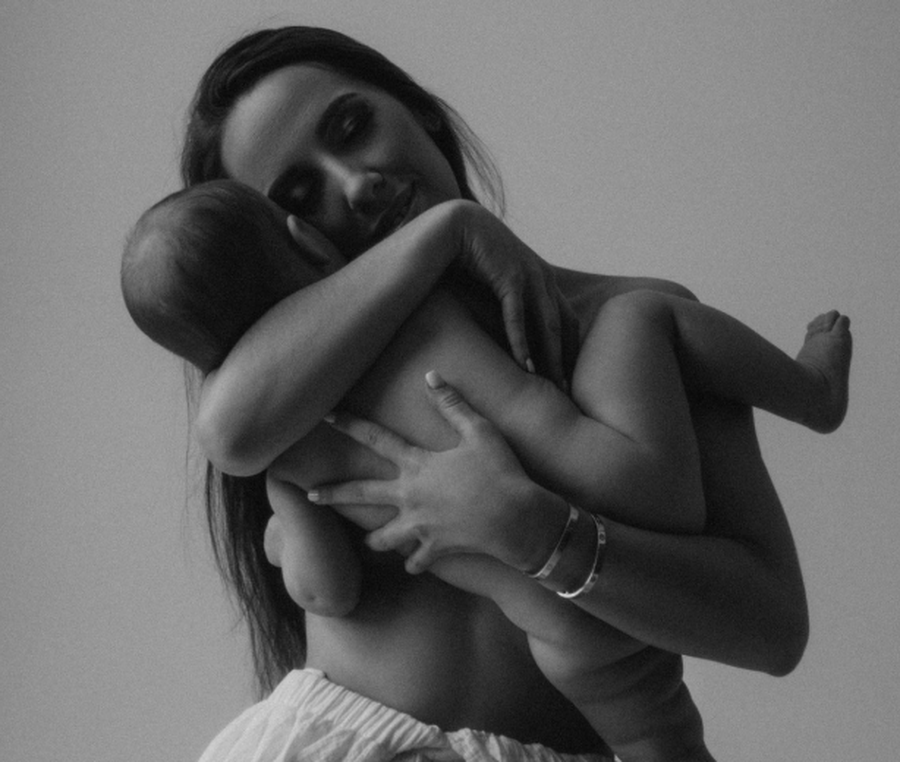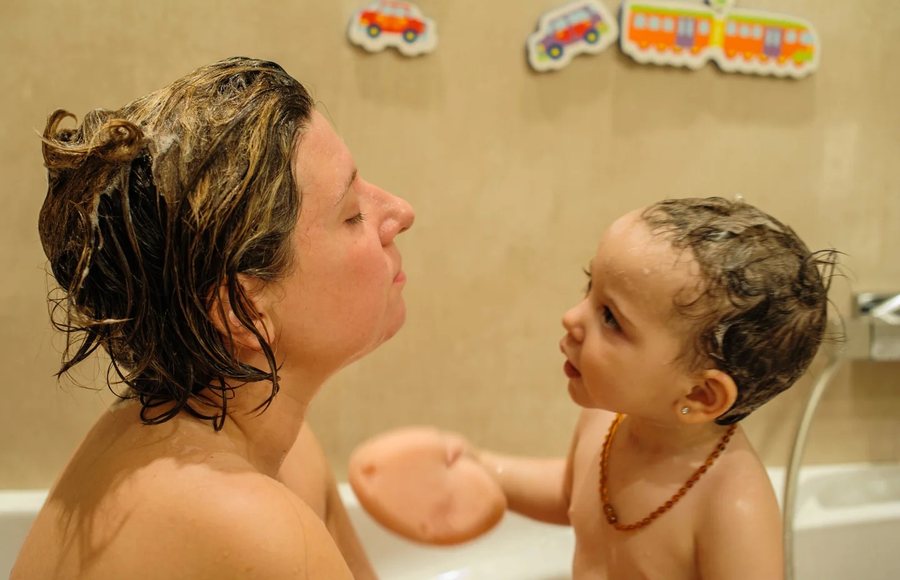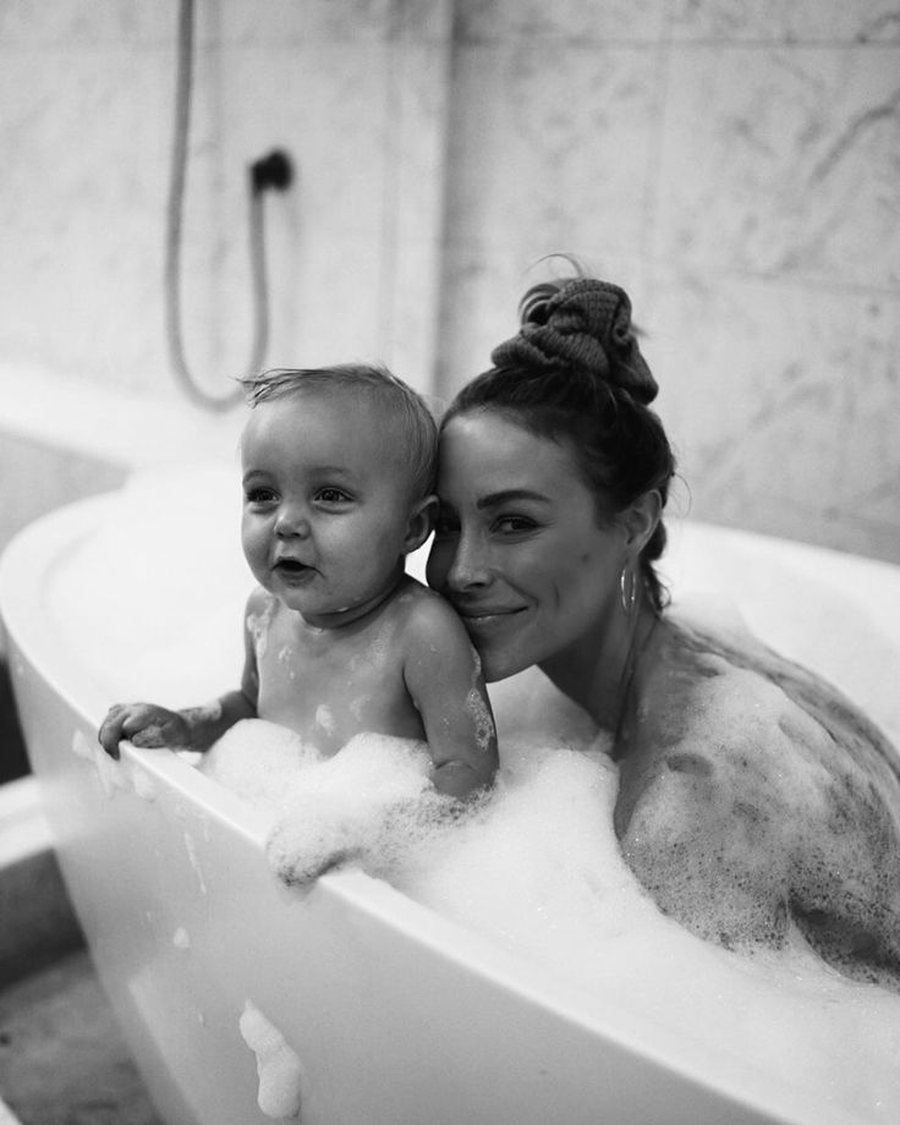
As a parent, being naked in front of your kids is sometimes unavoidable. Maybe you've just gotten out of the shower when they suddenly enter the bathroom, or you're running to get a towel while you're getting dressed.
These fleeting moments rarely cause any permanent harm to children, but many parents wonder:
"Is it okay for children to see me naked? Should I cover up? Is there an age when this is no longer appropriate?"
According to psychologist and parenting expert Reena Patel, the answer depends on several factors: the child's age, maturity level, individual development, family culture, personal values, and parenting style.
“There’s no one rule that applies to everyone,” Patel explains. “It depends on the family dynamics and sensitivities.”

Children under preschool age usually don't fully understand the concept of being naked. As their awareness of their bodies increases, they may begin to ask questions or demand more privacy. According to clinical psychologist Kanchi Wijesekera, it's normal for family norms about nudity to evolve over time.
"When being naked is treated naturally and without shame at home, it helps children build a healthy relationship and not be ashamed of their bodies," she emphasizes.
Psychologist Patel adds that parenting style can be more open or more reserved, but the important thing is that the message is clear: the body is not a source of shame.
“When you reflect self-love, children learn to love their bodies without judgment,” she says.
But that doesn't mean parents should always be naked to help children build a positive body image.
“As a psychologist and a parent, I believe that body positivity can be taught both with and without clothes,” adds Adolph Brown, a parenting expert and clinical psychologist.

Children begin to form long-term memories around the age of 3-4, so any contact before this age is likely not remembered. But as they get older, it's important to note their reactions.
“If your child feels uncomfortable, pulls away, or says 'how embarrassing,' it's a sign that they need more privacy,” says Brown.
"If, on the other hand, he continues to make the sandwich without worrying at all, it's an indication that he feels comfortable with the situation."
Around age 4, experts advise that parents begin to limit nudity to help establish healthy boundaries.
One of the most important lessons you can teach your children is respect for privacy. This includes not only maintaining your boundaries as a parent, but also helping them understand their own boundaries.
“Children need to know that they have the right to privacy and to say ‘no,’” Wijesekera emphasizes.
Also, don't make negative body comments, neither about your own body nor about others, because children learn from the way you talk about yourself.

There is no one right answer for everyone. Every family has its own rules and norms. The most important thing is to observe your child and respect his signals, experts say.
"Children are very good at communicating when they are ready for more privacy. Following their example is a great way to demonstrate respect for personal space."





